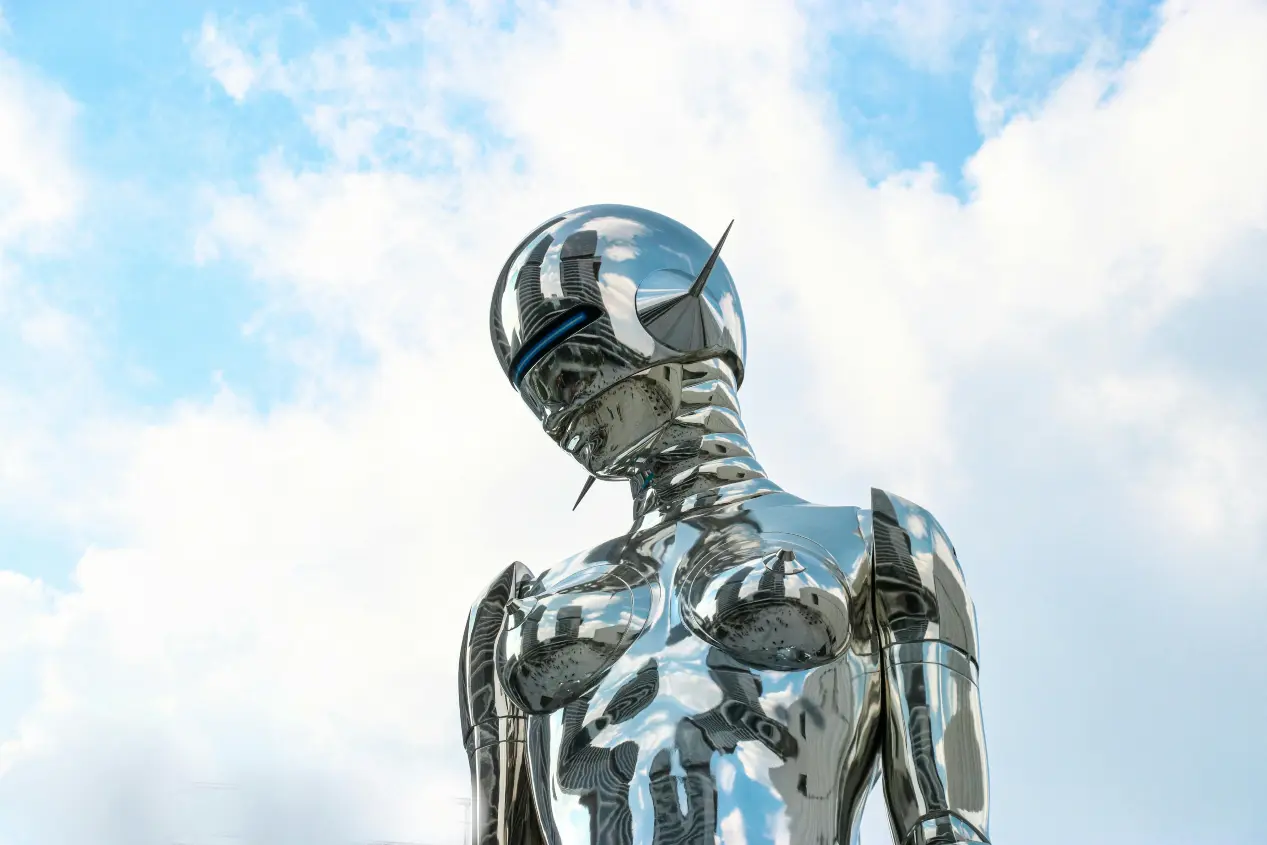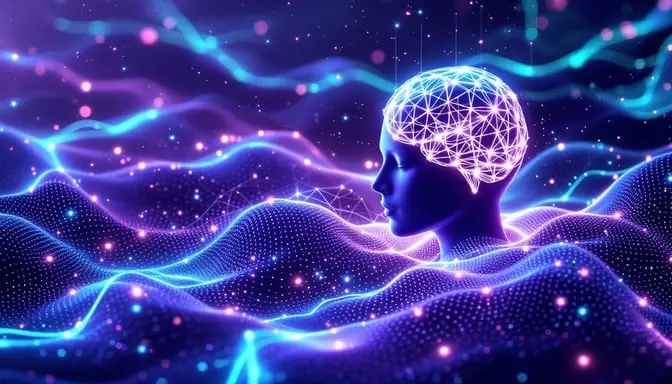
The Future of Web3: How Artificial Intelligence Is Redefining the Decentralized Web
In recent years, Web3 has emerged as one of the most transformative technologies, promising a decentralized, more democratic, and private internet. But what happens when this powerful innovation meets the world of Artificial Intelligence (AI)? What potential does this fusion have to change how we interact with the web?
Web3 and the Promise of Decentralization
Web3 is not just a technological change; it's an evolution in how we understand property, privacy, and control over our data. Unlike Web2, dominated by large corporations that store and control our data, Web3 seeks to return power to users through technologies like blockchain and smart contracts.
With Web3, intermediaries are eliminated, allowing users to own their data, conduct transactions without third parties, and participate in platform governance. Value resides not in a centralized company, but in the community itself—a principle that echoes Milton Friedman's vision of free markets where individuals, not institutions, are the primary economic actors.

AI: The Engine of Web3's Future
This is where Artificial Intelligence enters the picture. If Web3 promotes decentralization, AI adds the capability to make the web more intelligent, adaptable, and personalized.
Imagine a decentralized platform where users can interact not only with other users but with AI-powered intelligent agents. These agents can help users find the information they need, predict behaviors, automate complex tasks, and provide hyper-personalized recommendations—all under user control. This represents the ultimate expression of Friedrich Hayek's concept of spontaneous order, where complex systems emerge from individual actions without central planning.

Emerging Use Cases of AI in Web3
AI-Powered DAOs (Decentralized Autonomous Organizations)
DAOs are one of Web3's main features. Traditionally governed by member consensus decisions, DAOs can incorporate AI to optimize their decision-making processes. AI algorithms can analyze participation patterns, evaluate the impact of past decisions, and suggest more efficient changes—all in a decentralized and transparent manner. This embodies the Austrian School's emphasis on market processes over static equilibrium, where continuous adaptation leads to better outcomes.

NFTs and Generative Content Creation
NFTs (non-fungible tokens) have been one of the most popular ways to interact with the Web3 ecosystem. What happens when we integrate AI to create generative art or music stored as NFTs? Platforms like Art Blocks are already using AI algorithms to generate unique digital art pieces, giving artists and creators new tools to produce content without deep coding or graphic design knowledge. This represents the creative destruction that Joseph Schumpeter described—where innovation continuously reshapes markets and creates new opportunities.

Intelligent Decentralized Finance (DeFi)
In the realm of Decentralized Finance (DeFi), AI can automate processes like risk management, portfolio optimization, and complex financial decision-making. Through advanced algorithms, AI can analyze large volumes of data in real-time, enabling investors to make informed and rapid decisions without relying on a centralized intermediary. This exemplifies the efficiency gains that free markets can achieve when information flows freely and competition drives innovation—a core tenet of classical liberal economics.

Authenticity and Data Verification
One of the biggest challenges in today's web is misinformation and lack of data authenticity. With AI applied to verification, decentralized systems can evaluate the truthfulness of information published on Web3 platforms. For example, an AI oracle could automatically validate information before it's published on a blockchain, ensuring that only correct and authentic data is stored and used. This addresses the information asymmetry problems that Ronald Coase identified in his work on transaction costs.
The Challenge: Ethics of AI in Web3
Like any emerging technology, AI integration in Web3 brings ethical challenges. How do we ensure AI algorithms don't reproduce biases? How do we ensure AI doesn't undermine user privacy or freedom, even in a decentralized environment? While AI has enormous potential, it must be implemented transparently, equitably, and responsibly.
Furthermore, AI integration in Web3 could create a new type of centralization if AI algorithms are controlled by a few entities or companies. Therefore, it's crucial that the development of these technologies aligns with Web3's fundamental principles: decentralization, privacy, and user control. This reflects the liberal concern about concentration of power and the need for institutional safeguards to protect individual liberty.
The Market-Driven Evolution
As Milton Friedman argued, the most effective solutions often emerge from voluntary cooperation in free markets rather than top-down planning. The Web3-AI fusion represents this principle in action—where individual users, developers, and entrepreneurs drive innovation through competition and collaboration. The invisible hand of the market, guided by price signals and user preferences, will determine which AI applications succeed and which fail.
Conclusion: Toward a Smarter Web3
The fusion of Web3 and AI has the potential to radically change our interaction with the web. The decentralization provided by Web3, combined with AI's adaptive intelligence, promises to create a more open, efficient, and personalized internet. However, as with any technological innovation, we must be aware of the challenges and address ethical issues proactively to ensure these technologies work for the common good.
We're only at the beginning of this journey, but what's clear is that intelligent Web3 is on its way, promising to change how we connect, create, and consume information. The principles of free markets, individual liberty, and spontaneous order that have guided economic progress for centuries are now being applied to the digital realm, creating new possibilities for human flourishing in the information age.
Web3
Artificial Intelligence
Free Markets
Decentralization